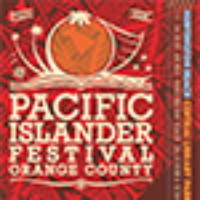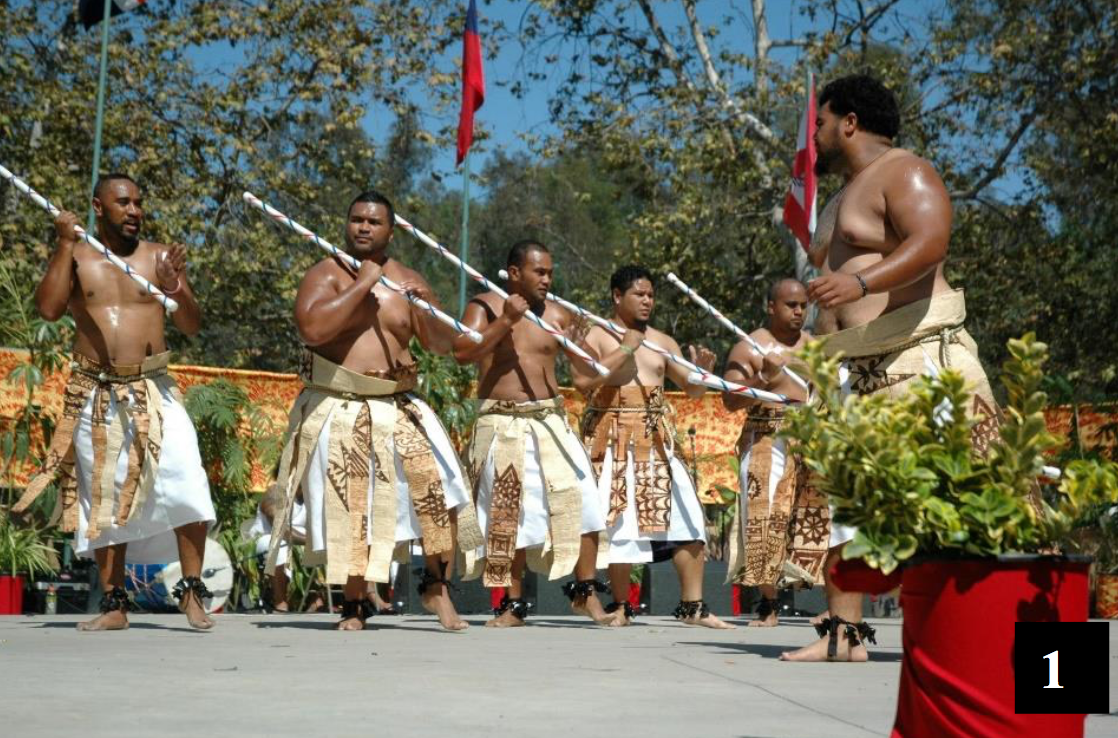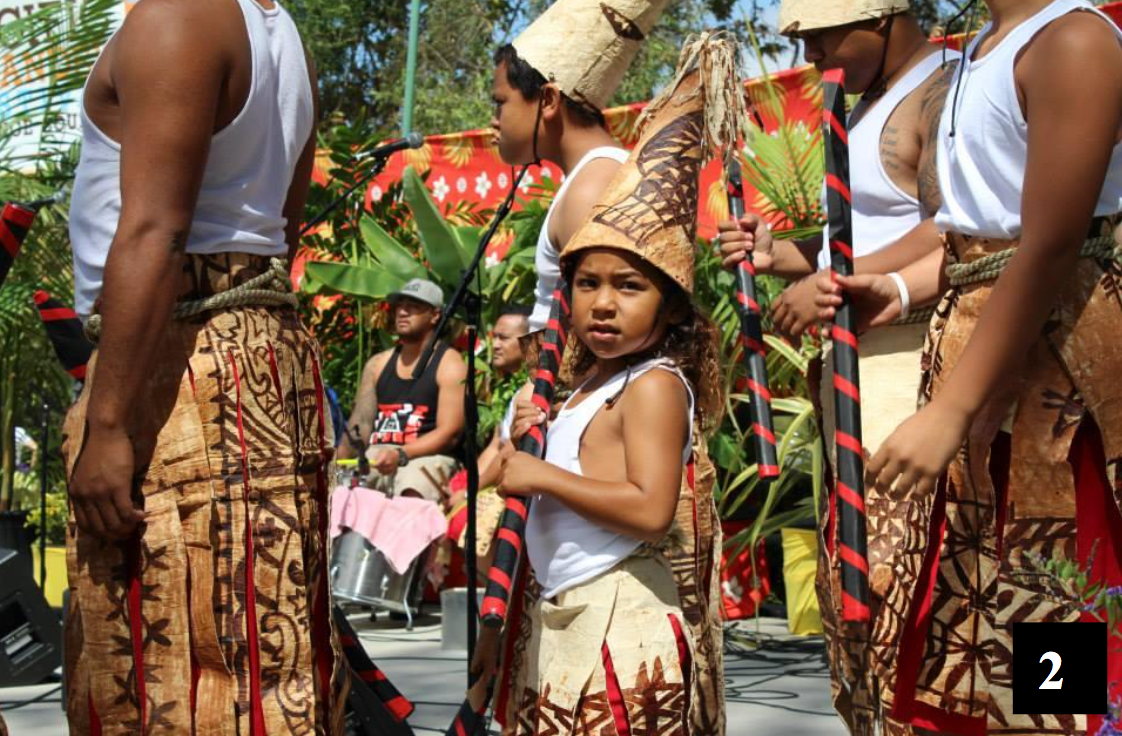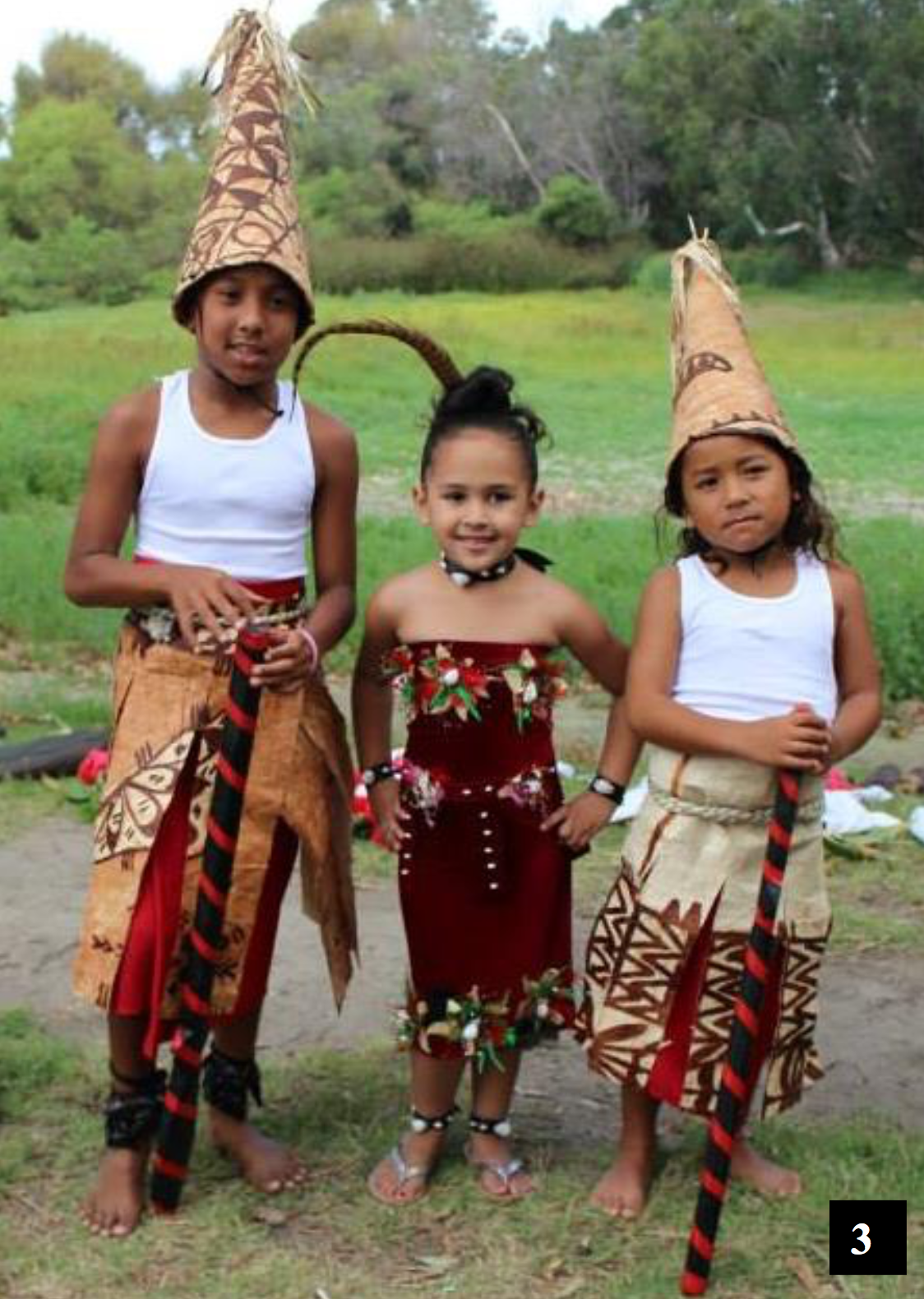
Pacific Islander Health Partnership
Pacific Islander arts and culture
Since 2003, the Pacific Islander Health Partnership (PIHP) has been engaged in community-driven, community-tailored health promotion, education, and training. PIHP members include volunteer indigenous leaders from Hawai’i, Samoa, Tonga, Tahiti, Aotearoa-New Zealand, the Cook Islands (Polynesians); Guam, Northern Mariana, Marshall Islands (Micronesians), and Fiji (Melanesians). PIHP members share over 16 years of collaborative efforts in presenting their annual Pacific Islander Festival, leadership development and training workshops, youth tobacco control projects, health & diabetes screening activities, breast cancer and mammography focus groups, and other health-related projects throughout Los Angeles and Orange Counties.
In 2008, PIHP received a grant from ACTA’s Living Cultures Grants Program to support the planning, development, and production of the first ever Pacific Islander Festival in Orange County.
In 2012, PIHP received a grant from ACTA’s Living Cultures Grants Program to support the 5th Annual Pacific Islander Festival in Orange County, on September 15-16, 2012. The community-based, multigenerational program will highlight traditional arts and cultural practices, foodways, performances, and demonstrations of traditional craft. Emphasis on healthy living and reducing health disparities through traditional arts practices is one theme of the festival.
A Living Cultures award in 2017 will support workshops and gatherings for an intergenerational group of women who will create traditional bark cloth or ngatu. Known throughout the Pacific Islands for the bark cloths size which requires many hands, many Tongan-Americans will be introduced to the practices that figure so prominently in Tongan identity.




